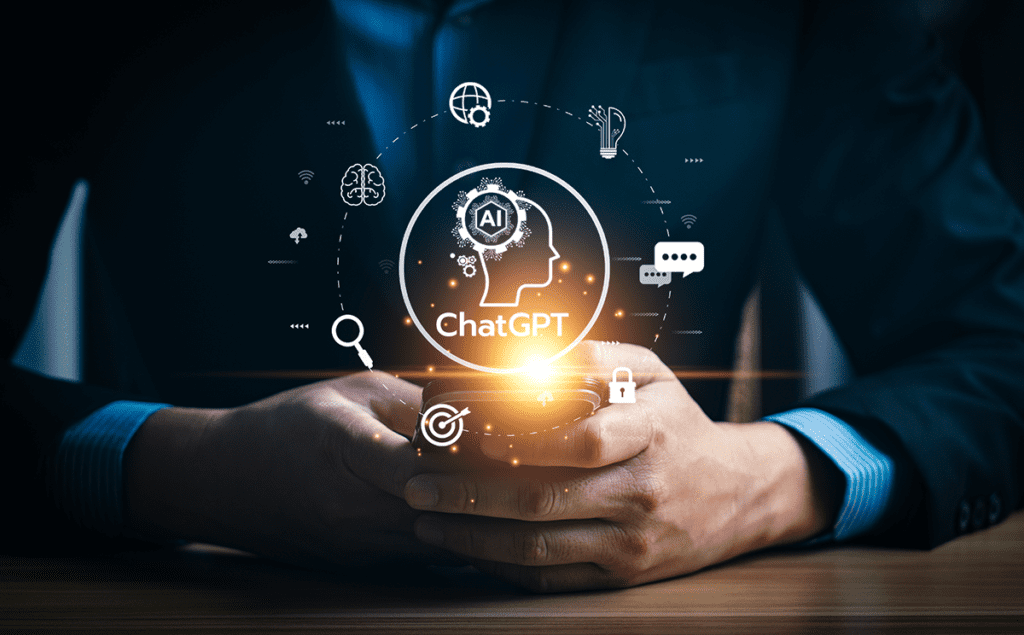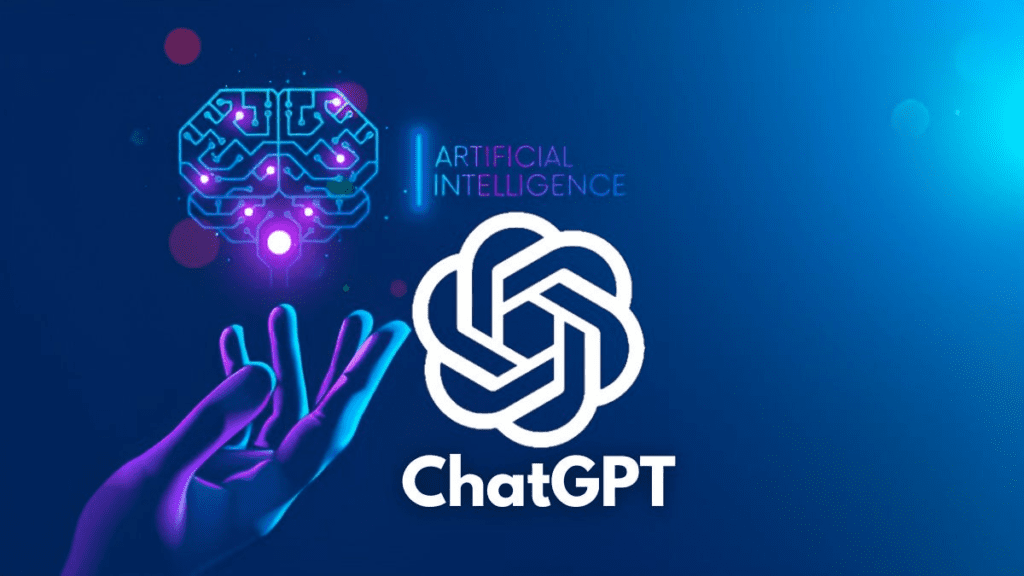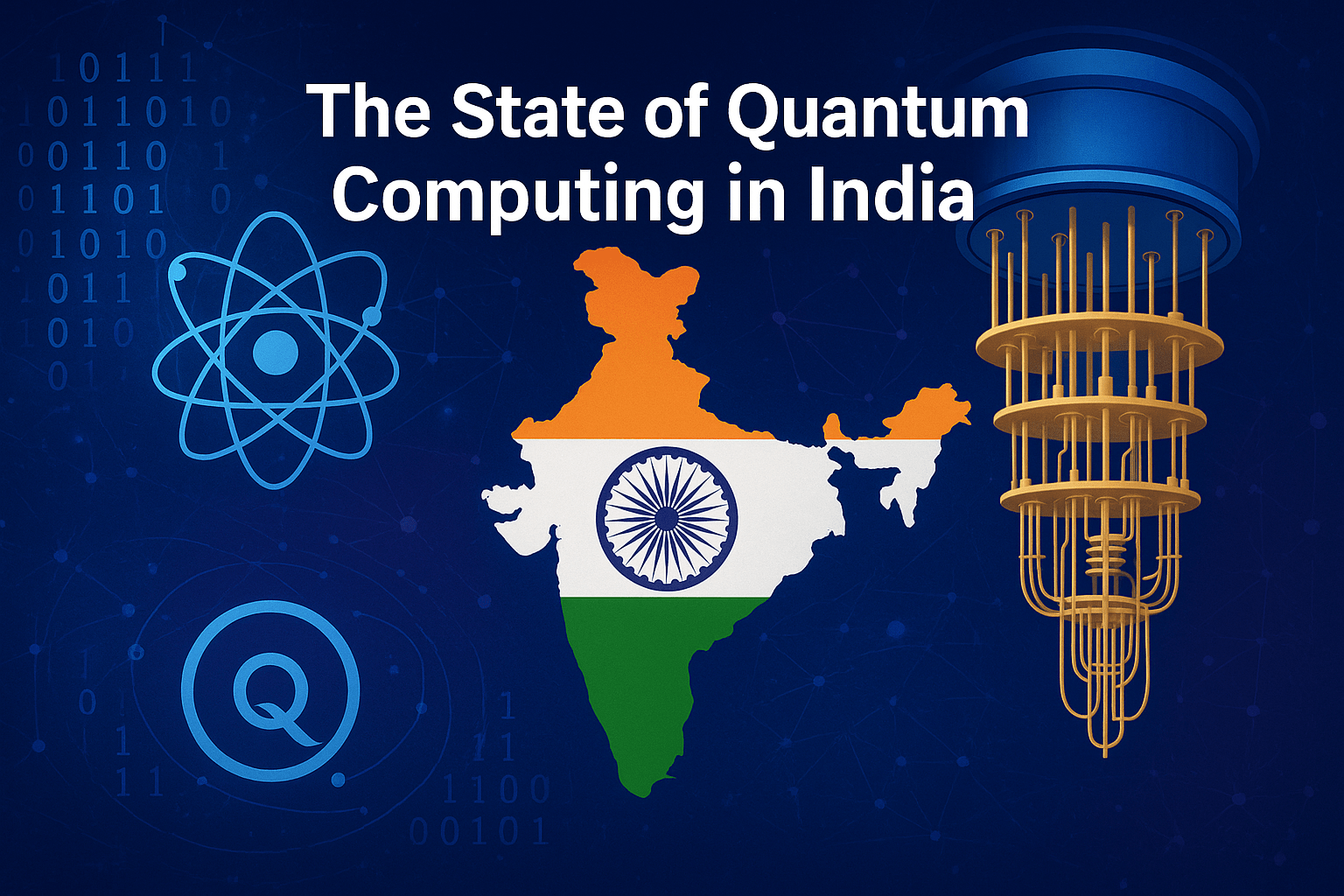Does Turnitin Detect Chat Gpt
Does Turnitin Detect Chat Gpt usage? Yes—Turnitin can tell if Chat GPT is used. In today’s digital age, academic integrity is of utmost importance, with institutions relying on tools like Turnitin to ensure the originality of submitted work. However, with the emergence of advanced AI language models like ChatGPT, there arises a question: Does Turnitin detect ChatGPT-generated content?
Table of Contents
Overview of Chat Gpt

ChatGPT is an advanced artificial intelligence language model developed by OpenAI. It belongs to the family of Generative Pre-trained Transformers (GPT), which are large-scale neural network architectures trained on vast amounts of text data. ChatGPT is specifically designed for generating human-like text based on given prompts or conversational inputs.
The model operates by predicting the next word in a sequence of text, leveraging its understanding of language patterns and context. It can generate coherent and contextually relevant responses to a wide range of prompts, making it capable of engaging in natural language conversations on various topics.
ChatGPT’s architecture consists of multiple layers of attention mechanisms, allowing it to capture long-range dependencies and semantic relationships within text inputs. It utilizes self-attention mechanisms to weigh the importance of different words in a sentence, enabling it to generate contextually appropriate responses.
One of the distinguishing features of ChatGPT is its ability to adapt to diverse conversational styles and topics. Through continuous training on large datasets, the model learns to mimic human-like conversational patterns, including humor, empathy, and linguistic nuances.
ChatGPT has numerous applications across various domains, including customer service chatbots, virtual assistants, language translation, and content generation. It has garnered attention for its impressive ability to generate high-quality, contextually relevant text, making it a valuable tool for enhancing human-computer interactions and automating text-based tasks.
As AI technology continues to evolve, ChatGPT represents a significant milestone in natural language processing, demonstrating the potential of large-scale language models to understand and generate human-like text.
In summary, ChatGPT is an advanced AI language model capable of generating human-like text based on given prompts or conversational inputs. Its ability to understand context, mimic conversational styles, and generate coherent responses makes it a versatile tool with applications across various domains.
How Turnitin Works

Turnitin employs a sophisticated algorithm to compare submitted texts with a vast database of academic papers, websites, and other sources. It analyzes the text’s structure, language, and content to identify similarities with existing material, flagging potential instances of plagiarism.
Turnitin’s Ability to Detect ChatGPT
While Turnitin is effective in detecting conventional forms of plagiarism, it faces challenges when it comes to identifying content generated by AI models like ChatGPT. Unlike human-written text, AI-generated content may lack detectable patterns or traces of originality, making it difficult for Turnitin to accurately assess its authenticity.
Limitations of Turnitin in Detecting ChatGPT
Turnitin’s algorithm is designed to identify common patterns of plagiarism found in human-written content. However, it may struggle to recognize the nuances of AI-generated text, leading to false negatives or inaccurate results. Additionally, the rapid evolution of AI technology poses a continuous challenge for Turnitin to keep pace with the latest advancements.
Strategies for Overcoming Turnitin Detection with ChatGPT

To evade detection by Turnitin, users may employ various strategies, such as paraphrasing, altering sentence structures, or incorporating additional content to mask similarities. However, it’s essential to balance the desire to avoid detection with maintaining academic integrity and ethical standards.
Ethical Considerations
The use of AI to bypass plagiarism detection raises ethical concerns regarding academic honesty and integrity. While AI technologies offer unprecedented capabilities, they also present ethical dilemmas that must be carefully considered. Upholding academic integrity is crucial in fostering a culture of honesty and trust within educational institutions.
Conclusion
In conclusion, while Turnitin remains a valuable tool for detecting plagiarism in academic settings, its effectiveness in identifying AI-generated content like ChatGPT remains limited. As AI continues to advance, educators and institutions must adapt their strategies for maintaining academic integrity and addressing the challenges posed by emerging technologies.
FAQ’s
Can Turnitin adapt to detect AI-generated content more effectively in the future?
Turnitin and similar platforms are continuously evolving to address emerging challenges, including AI-generated content. However, staying ahead of rapidly advancing AI technologies remains a complex and ongoing process.
Are there alternative methods for detecting AI-generated content in academic settings?
Some researchers are exploring machine learning techniques and advanced algorithms specifically designed to identify AI-generated text. However, these methods are still in development and may not be widely available or reliable yet.
What role do students play in ensuring academic integrity in the age of AI?
Students have a responsibility to use AI tools ethically and honestly, respecting academic guidelines and acknowledging the sources of their work. By adhering to principles of integrity and honesty, students contribute to a culture of academic excellence and trust.
How can institutions support faculty and students in navigating the complexities of AI and academic integrity?
Institutions can provide training, resources, and guidelines to help faculty and students understand the ethical implications of AI use in education. Additionally, fostering open dialogue and collaboration can encourage the responsible use of AI technologies while addressing concerns and challenges.
What are the long-term implications of AI on education and academic integrity?
AI has the potential to revolutionize education by enhancing personalized learning, automating administrative tasks, and facilitating research and collaboration. However, ensuring ethical use and preserving academic integrity will be essential for realizing the full benefits of AI in education.


